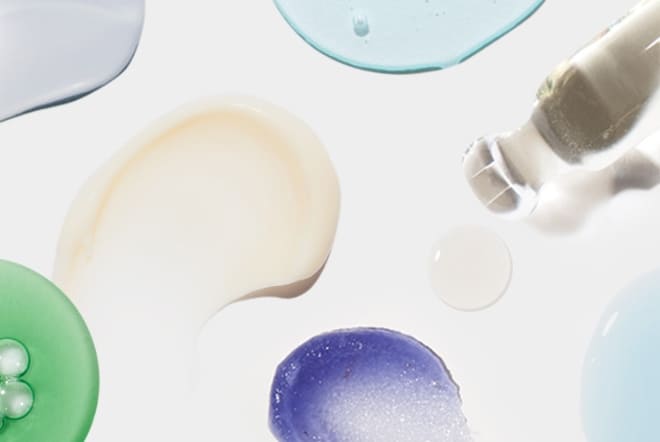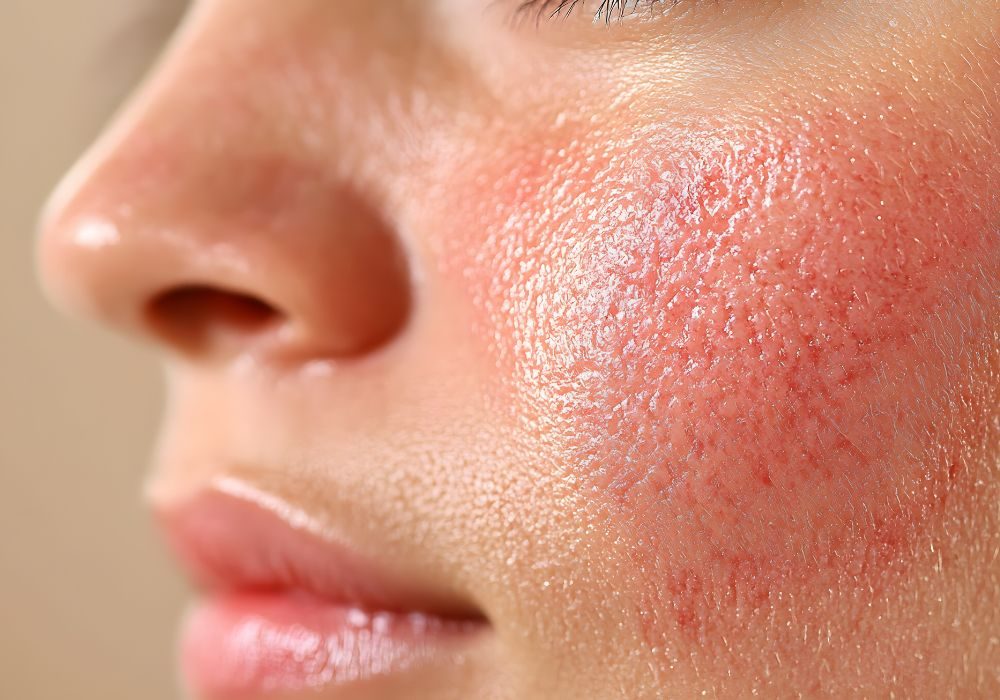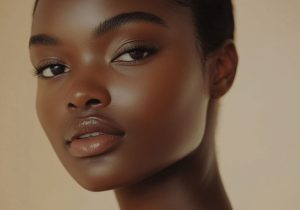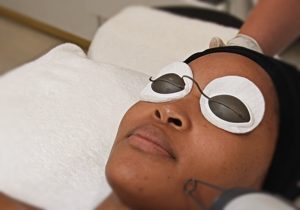Skin Ingredients: What Should You Not Wear In The Sun?
At this point, we all know that one of the best skincare products your money can buy is a good sunscreen. The sun is the number one cause of premature ageing, not to mention the fastest way to accumulate pigmentation. In short, you’ll want to wear an SPF of at least 30 every single day.

At this point, we all know that one of the best skincare products your money can buy is a good sunscreen. The sun is the number one cause of premature ageing, not to mention the fastest way to accumulate pigmentation. In short, you’ll want to wear an SPF of at least 30 every single day. However, while sunscreen is something you can’t face UV rays without. Did you know there are certain products and skincare ingredients you shouldn’t wear in the sun? To help you out, we’ve made a list of cosmetics that are best suited to bedtime.
Skin ingredients to watch out for
Retinol
When it comes to wrinkle-busting active ingredients, retinol is still the gold standard. It does a great job of stimulating collagen production. This helps keep your skin looking firmer and less wrinkled for longer. Better yet, it encourages your skin cells to regenerate at a faster rate. Revealing fresher, more evenly-toned skin. Still, because it’s essentially unveiling new, baby-soft skin. It can make you more sensitive to sunburn and increase your risk of sun damage, ironically one of many things it’s used to repair. Also, as retinol breaks down in the presence of light, wearing in the sun makes it less effective in terms of how it can benefit your skin. The smarter way to roll? Stick to using retinol in the evening or before bed and choose sun-safe collagen encouragers like peptides.
Exfoliating acids
Physical scrubs aren’t the smartest option when it comes to exfoliating. Many of them simply aren’t ‘scrubby’ enough to truly shift dead skin cells or they’re too harsh and can cause micro-tears in your skin. Your safest bet is to choose a chemical exfoliator. instead, one that contains alpha hydroxy acids (AHAs) or enzymes that can gently dissolve the bonds between your skin cells, causing them to slough away in a much more natural fashion. Again, because you’re peeling and revealing similarly to retinol, you’re increasing your skin’s sun sensitivity. For this reason, use products containing acids and enzymes in the evening. Benzoyl peroxide Benzoyl peroxide is a brilliant antibacterial ingredient that can penetrate through oil and get deep into your pores to kill acne-causing bacteria while reducing inflammation. Like everything else we’ve mentioned, it can also cause sun sensitivity so it’s yet another active ingredient you need to use carefully. If you’re going to apply it to a lone pimple and wear it in the office, that’s fine. Slathering it all over your face and then setting off on a hike, however, is begging for a sunburn. Skin ingredients, the bottom line Certain skincare ingredients such as retinol, exfoliating acids and benzoyl peroxide shouldn’t be worn in the sunshine. Also, even if you’re only using them regularly at night, you’re still increasing your skin’s sun sensitivity, so you must wear a high protection factor. While there once was a time when sunscreen’s texture could best be described as ‘gloop’, formulations have come a long, long way, so now there’s no excuse not to wear them. They’re also your skin’s best defence against the primary cause of premature ageing, the sun, so if you’ve yet to meet your SPF BFF, now’s the time to meet your match.










